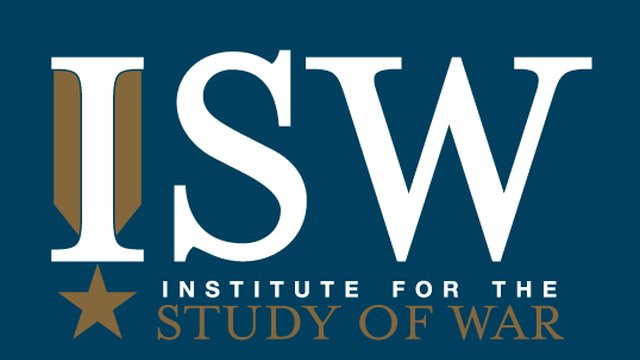Russia aims to achieve decisive victory in Ukraine by 2026 when faced with shortage of people, consequences of sanctions – ISW

Russia reportedly aims to achieve a decisive victory in Ukraine by 2026 before likely medium- to long-term economic and force generation constraints begin to significantly degrade Russia's ability to sustain its war effort in Ukraine, according to the report of the American Institute for the Study of War for September 15.
“Russia will likely face growing challenges in the production and procurement of the materiel that Russian operations in Ukraine require, and the Kremlin will likely become increasingly reliant on foreign partners to meet its materiel needs,” the report reads.
ISW continues to assess that Putin remains averse to announcing another partial mobilization out of fear of domestic discontent and will likely continue to instruct the Ministry of Defense (MoD) to pursue ongoing crypto-mobilization efforts. At the same time, the Kremlin is also unwilling to accept reducing the intensity of Russian forces’ combat operations because the Kremlin sees maintaining the theater-wide initiative as a strategic imperative. “It remains unclear whether Putin will respond with another round of mobilization if faced with another crisis similar to or worse than the crisis the Kremlin faced in Fall 2022, as Russia’s investments to grow Russia’s force generation system, war economy, and international defense relationships have matured over the past two years, and likely will continue to do so through 2026,” the analysts note.
At the same time it is reported that Russia will likely face growing challenges in the production and procurement of the materiel that Russian operations in Ukraine require, and the Kremlin will likely become increasingly reliant on foreign partners to meet its materiel needs.
“ISW has previously assessed that Russia’s efforts to expand its DIB are unlikely to be sustainable in the medium- to long-term due to anticipated labor shortages and the impacts of Western sanctions. Putin acknowledged on April 4 that Russia will experience a high demand for human capital and face labor shortages in the coming years,” the report says.
It is also noted that the Russian authorities have recently intensified military cooperation with North Korea. “Russia's deepening military partnership with North Korea is emblematic of the relationship that Russia aims to create with Iran, the PRC, and other desired partners. Russia will likely face dwindling weapons and equipment stockpiles and struggle to offset these shortages unless it can circumvent Western sanctions at scale and significantly expand its engagements with foreign partners to obtain sufficient military materiel, component parts, and dual-use items,” the ISW says.


